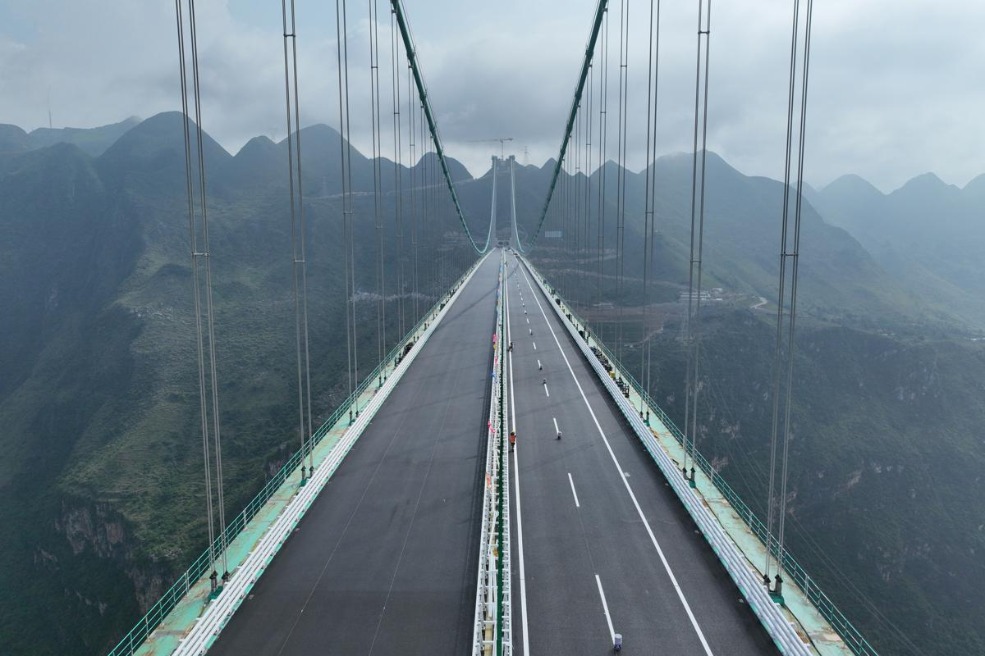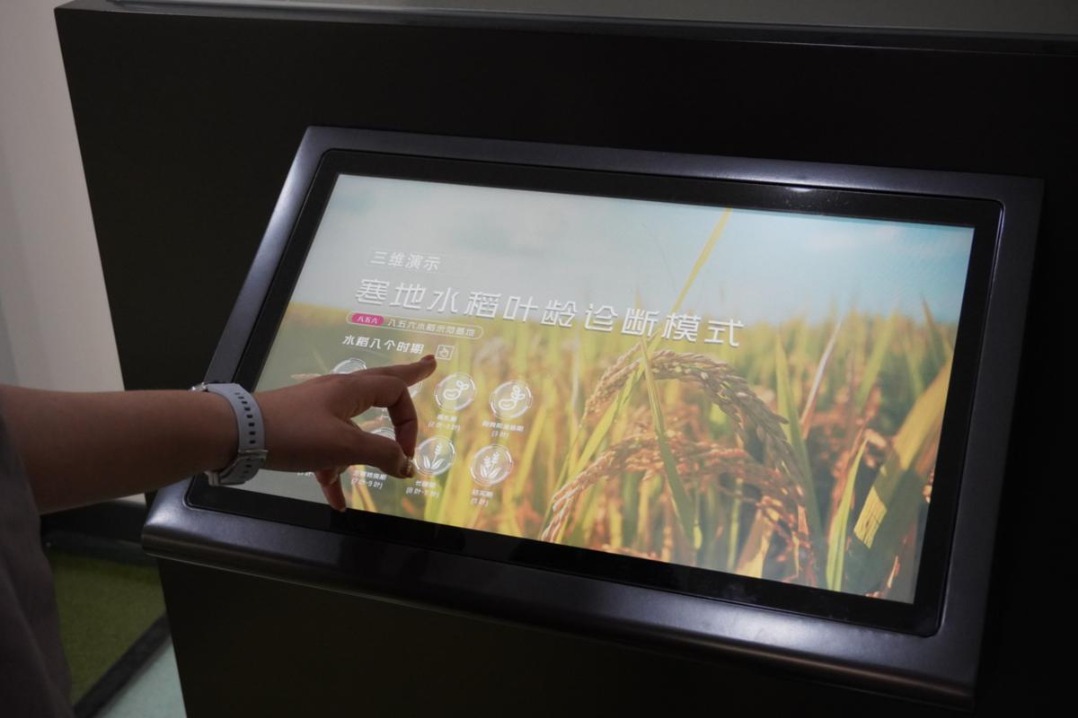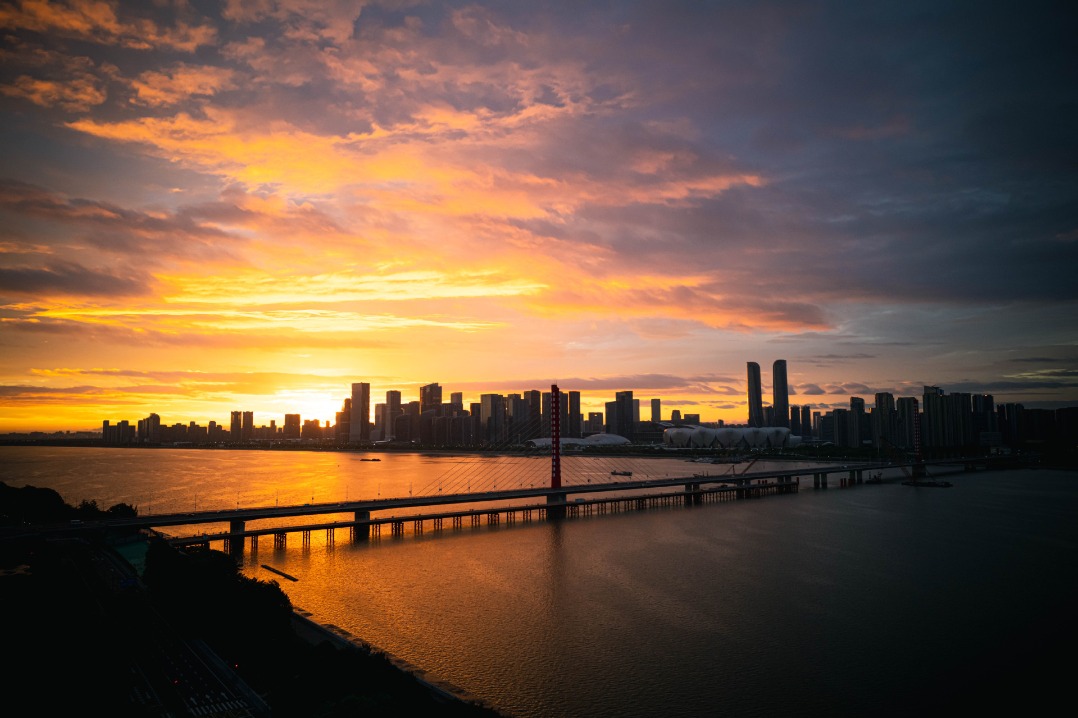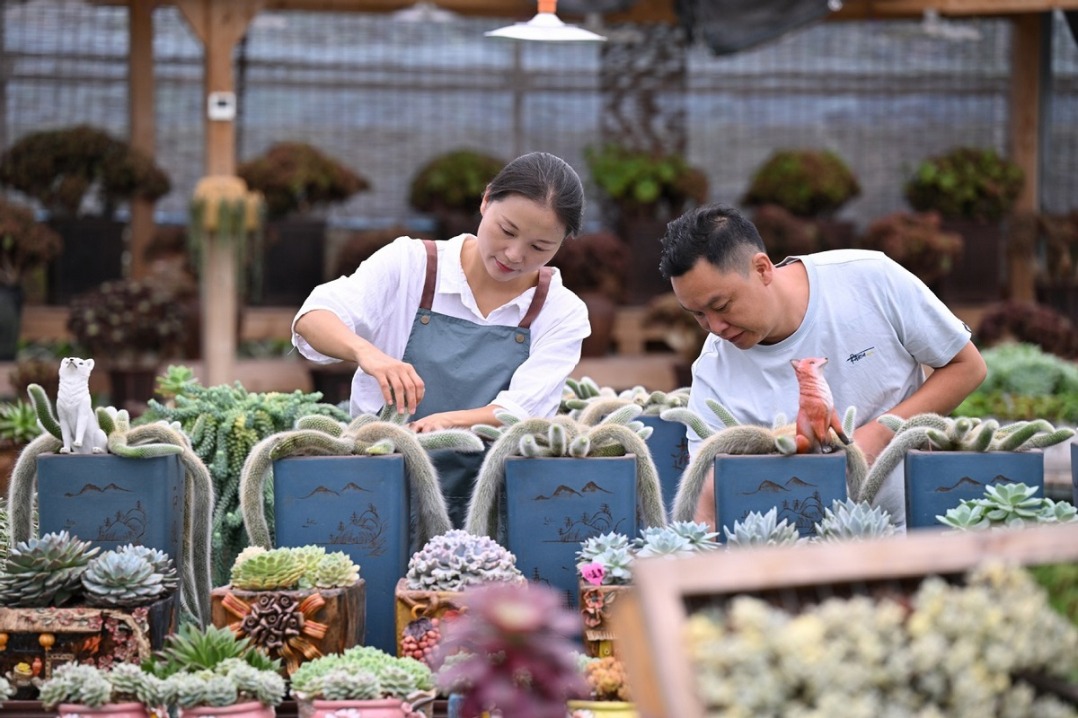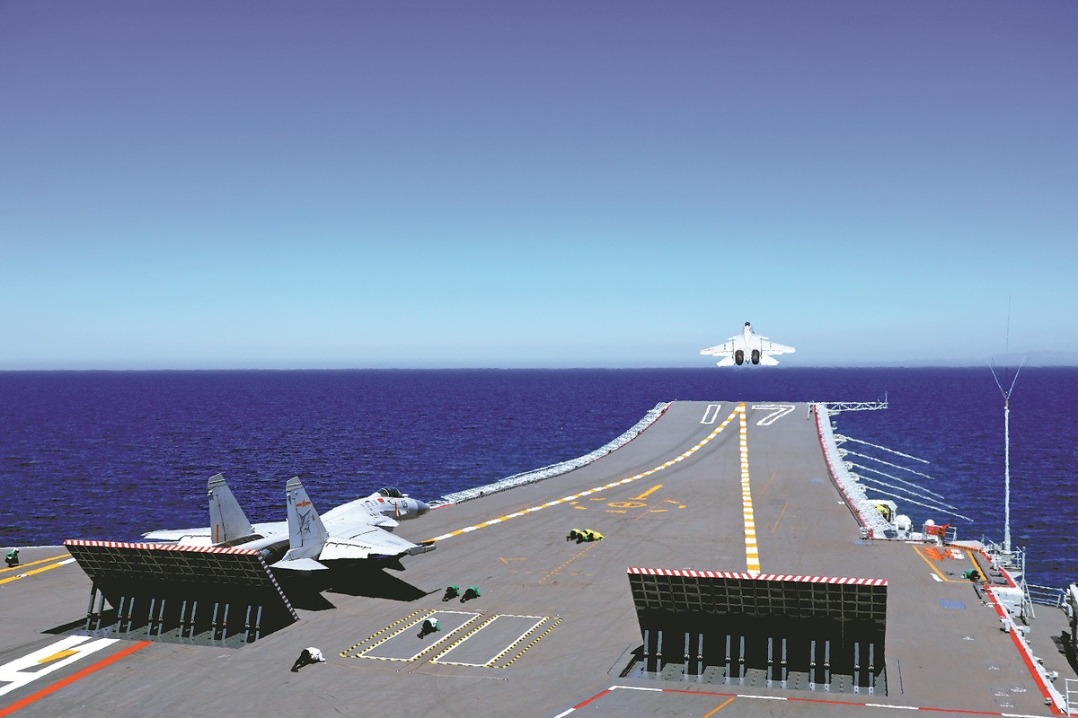Factbox: 10 fallacies in Lai Ching-te's narrative on the island's so-called unity

The first of the fallacies lies in Lai paying lip service to "unity" while in reality engaging in infighting. To suppress his rivals, he has resorted to judicial measures to detain citizens and exploited his position in power to create a climate of "green terror", subjecting opposition forces to harsh political suppression and judicial persecution. After inflicting wounds, he now calls for "unity", attempting to rally the oppressed opposition around him. Such "unity" is clearly false and brings real harm.
Second, Lai boasted that Taiwan ranks top in Asia on the World Press Freedom Index, but the reality on the island tells a different story — media outlets that are pro-DPP dominate the landscape, while pro-Chinese Kuomintang party outlets face suppression. If press freedom truly exists, why was CTi News forcibly shut down by the DPP authorities? Is there still freedom to broadcast news?
Third, Lai claimed that Taiwan ranks first in Asia on the Human Freedom Index. But under the DPP's threats, do ordinary citizens, teachers, students and religious figures in Taiwan truly have the freedom to visit the mainland for exchanges? In Taiwan, there is only the freedom to promote "Taiwan independence" separatism, the freedom for Lai to act with impunity, and the freedom for the DPP to suppress other political parties.
The fourth of the fallacies lies in Lai's claim that "the more united the people are, the stronger Taiwan becomes". While it is true that unity can bring strength, what Lai is really doing is urging the people to unite in opposition to the mainland — essentially trying to make the people of Taiwan cannon fodder for the separatist agenda. This shows a blatant disregard for the safety and lives of the people of Taiwan. Are they truly willing to sacrifice themselves for Lai's political gains?
Fifth, Lai declared that regardless of ethnic background or when one arrives in Taiwan, all groups are equal masters of the island. However, in reality, the DPP only treats those aligned with itself as insiders, while labeling anyone who opposes "Taiwan independence" separatism as an unwelcome "impurity" to be eliminated.
The sixth lies in Lai's claim that "Taiwan is a sovereign and independent country". Yet in all history, there has never been — nor will there ever be — a country officially named "Taiwan". The majority of the people in Taiwan today do not believe that "Taiwan" is a country, and the overwhelming majority of countries around the world do not recognize it as such. The United Nations' only official designation for the region is "Taiwan, Province of China".
The seventh fallacy is Lai's claim that the DPP's "Taiwan independence" stance represents the will of the people of Taiwan. This is clearly an attempt to impose the DPP's separatist agenda on the entire Taiwan population. Lai is merely a ruling politician who does not represent mainstream public opinion; the majority of the people of Taiwan do not support his separatist views.
Eighth, Lai called opposition parties and their supporters "impurities". This is not only a display of hostility and disregard toward the majority public opinion on the island, but also a grave insult to the opposition forces. In the eyes of many in Taiwan, it is Lai and the DPP who are the real "impurities" in Taiwan's political system. Unless such impurities are removed, the people of Taiwan will remain in a state of danger.
The ninth lies in pinning his hopes on external forces for protection. Lai still tries to reassure the public by claiming that the United States, Japan and Europe support the DPP authorities — but deep down, even he might harbor doubts. The US, driven by its own interests, has every possibility of discarding Taiwan like a worn-out shoe. Lai's belief in unwavering American support is nothing more than wishful thinking.
The 10th is his shameless promotion of the so-called light of Taiwan's democracy. Since taking office, Lai has abused judicial power to suppress opposition forces and persecute citizens who support peaceful cross-Strait relations and engage in exchanges with the mainland. Is this what democracy looks like? In reality, it is a profound insult and mockery of true democratic values.
This analysis piece is written by Li Zhenguang, a Taiwan affairs professor at Beijing Union University.
Xinhua

















